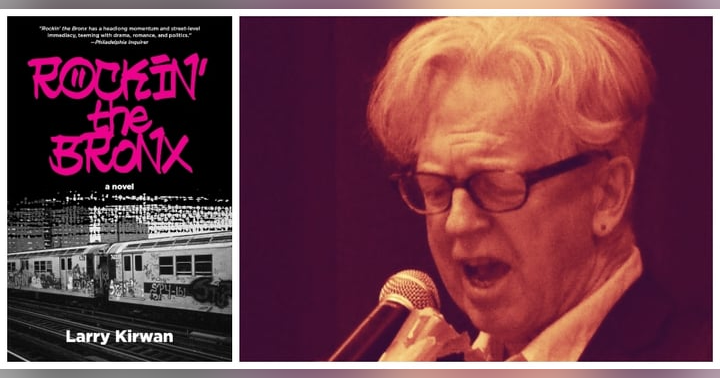Spike Milligan - Comedian (1918 - 2002)

Spike Milligan 1990
Terence Alan Milligan, better known as Spike Milligan was born in Ahmednagar, India on April 16th, 1918 to a Sligo born Irish father and British mother. He was best known as a comedian, but also proved to be an adept writer, musician, poet, playwright, and actor.
Milligan spent his childhood moving between India and Burma (nowadays, Myanmar) due to his father's military service. He developed a love for music, particularly the trumpet, and a talent for making people laugh. His comedic inclinations were evident early on, leading him to adopt the nickname "Spike" after hearing the name of a band.
Have you listened to our podcast? Get the latest on our Episode Page.
Milligan's life took a dramatic turn with the outbreak of World War II. Drafted into the British army, he served in North Africa and Italy. The horrors of war deeply affected him, and he suffered shell shock (nowadays known as post-traumatic stress disorder) after a close call with an exploding shell. Despite these challenges, Milligan's service also brought him into contact with other talented entertainers, including Harry Secombe, a future collaborator.
After the war, Milligan's career truly began to flourish. He found success as a comedian, particularly on radio shows like "The Goon Show." This groundbreaking program, running from 1951 to 1960, became a cultural phenomenon. It was known for its absurdist humor, wordplay, and nonsensical sketches, all delivered with expert timing by Milligan and his fellow performers, including Secombe, Peter Sellers, and Michael Bentine. It is often considered to be the predecessor of Monty Python's Flying Circus.

The Goon Show's success cemented Milligan's reputation as a comedic innovator. His influence went far beyond radio, paving the way for British surrealist and alternative comedy. He continued to write plays, poems, novels, and even children's stories, all infused with his signature blend of wit and whimsy.
However, Milligan's life was not without struggles. He battled with bipolar disorder (formerly known as manic depression), a condition that manifested in periods of both great creativity and debilitating depression. He was a complex individual, a talented artist, and someone who openly spoke about his mental health struggles, helping to break down stigma. He was awarded the prestigious Commander of the Order of the British Empire (CBE) in 2000 for his services to entertainment.
In 1960, the Indian born Milligan applied for a British passport, the application was refused, partly because he would not swear an Oath of Allegiance. Through his Irish father, he avoided statelessness by becoming an Irish citizen in 1962 and remained so for the rest of his life.
Spike Milligan died from kidney failure at his home on Dumb Woman's Lane near Rye, Sussex. on February 27th, 2002. He is burried in St Thomas' Winchelsea, East Sussex where his epitaph includes the phrase Dúirt mé leat go raibh mé breoite, Irish for "I told you I was ill".

















